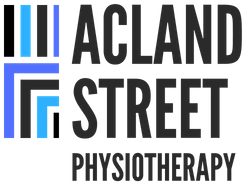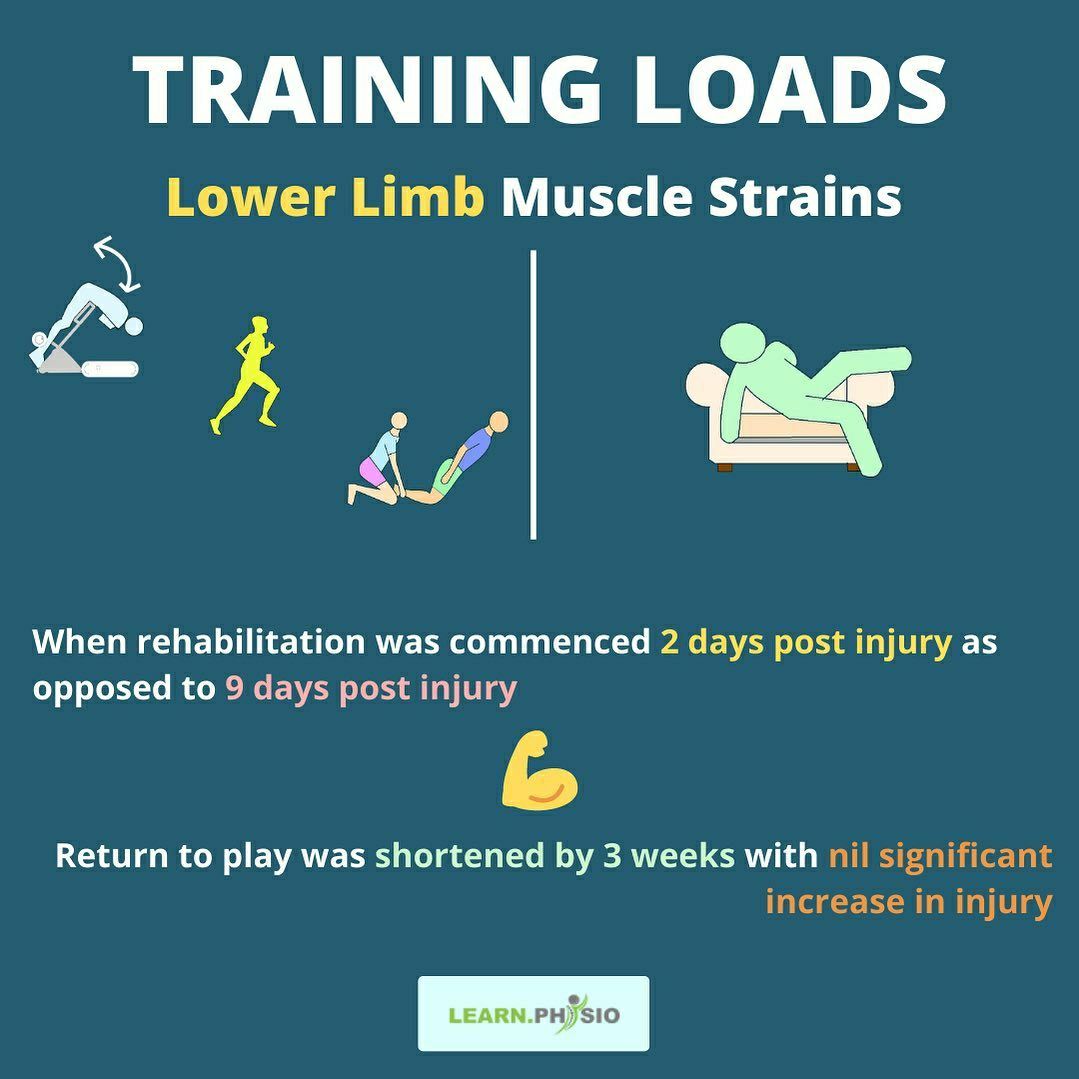|
In the competitive world of sports and the meticulous field of physiotherapy, discussions frequently orbit training methodologies, nutritional strategies, and the forefront of recovery technologies. However, a crucial element in athletes' well-being and recuperation that is often overlooked is the role of sleep. Emerging research unequivocally emphasises the profound impact of sleep on injury recovery and athletic performance, spotlighting its indispensable role in an athlete's regimen. The Foundation of Recovery Sleep stands as a fundamental pillar in the body's recovery mechanism, providing not only rest but also facilitating cellular repair and hormonal equilibrium. A systematic review in the British Journal of Sports Medicine delineates the significant role of sleep in the convalescence of sports injuries, pointing out that inadequate sleep quality and duration are common among athletes and considerably amplify injury risks . This body of work stresses the importance of incorporating sleep management into training and competition schedules to curtail injury rates and expedite rehabilitation. Enhancing Muscle Recovery The intricate nexus between sleep and muscle recuperation is especially noteworthy. According to a narrative review in the Journal of Science and Medicine in Sport, extending sleep duration not only bolsters performance but also enhances pain sensitivity and anabolic responses, such as elevated levels of GH/IGF-I, pivotal for muscle repair and recuperation from exercise-induced injuries. This evidence suggests that sleep interventions could serve as a critical tool in hastening recovery processes, presenting a topic of keen interest for medical professionals and coaches alike. Sleep’s Role in Injury Risk Management Further research detailed in the Journal of Sports Rehabilitation elucidates the association between sleep and injury risk, demonstrating that chronic insufficient sleep is correlated with an increased risk of musculoskeletal pain and sports injuries. Specifically, consistently sleeping less than seven hours is linked with a higher injury risk, underscoring the necessity of adequate sleep for injury prevention . The Impact on University Athletes The challenge of managing sleep extends beyond professional athletes to include university athletes as well. A study published in Frontiers in Sports and Active Living reveals how academic and social stresses can exacerbate sleep disruption, leading to adverse effects such as performance decline, mood alterations, and an increased vulnerability to injuries and illnesses. This highlights the widespread applicability of sleep management strategies across different levels of athletic engagement. Practical Implications for Your Recovery Journey For athletes embarking on the recovery path, or anyone aspiring to elevate their physical performance, the directive is clear: sleep must be prioritizsed. Here are actionable steps to integrate into your routine:
The expanding corpus of research on sleep's effects on injury recovery and athletic performance furnishes invaluable insights for athletes, coaches, and healthcare practitioners. As we delve deeper into the myriad benefits of sleep, it becomes increasingly clear that sleep is not merely a passive rest period but a dynamic process integral to athletes' health, well-being, and achievement. By prioritising sleep, we can optimise our recovery processes, mitigate injury risks, and unlock our utmost potential in sports and beyond References Used
0 Comments
Early rehabilitation after an acute muscle injury can get you back to your favourite activities faster!
When you strain a lower limb muscle like a calf or a thigh, it is often possible to exercise or load these muscles up in the first couple of days right after the injury. Surprisingly, muscles can handle significantly more than you think in the first few days of a muscle strain. This recent study published in the New England Journal of Medicine supports this view. In conclusion, early physiotherapy rehabilitation after an acute muscle injury (even if it is severe), can help accelerate the healing process - allowing you to get back to your favourite activities much early than delaying professional intervention. |
Author
Archives
May 2024
|
Copyright Acland Street Physiotherapy © 2024


 RSS Feed
RSS Feed